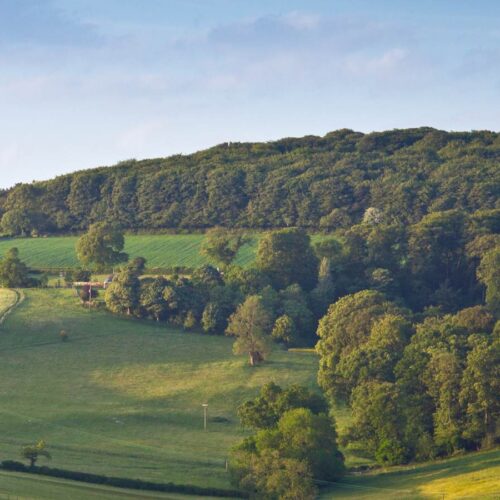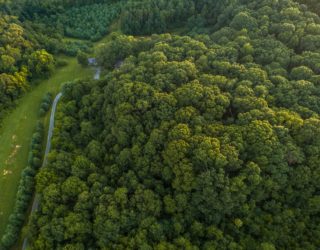Network Rail has brought in specialist ecology consultancy Thomson Ecology to provide strategic ecology advice and habitat mitigation measures for Phase 2 of the East West Rail from Bedford to Bicester and Milton Keynes to Aylesbury.
East West Rail is a major project to establish a railway connecting East Anglia with Central, Southern and Western England. The project is being promoted by the East West Rail Consortium – a group of local authorities and businesses with an interest in improving access to and from East Anglia and the Milton Keynes South Midlands area.
David Prys-Jones, Thomson Ecology’s rail sector lead, said:
“Our rail team has evolved over the past few years to meet the significant growth in rail infrastructure. Being awarded this new contract underpins the decision to develop our capability and specialist knowledge in this sector.”
Barry Wheeler, Principal Ecologist for the project, commented:
“We are working closely with Network Rail to establish an ecological baseline for the scheme, so that potential impacts can be understood and mitigated. We know from research that railways provide important networks for wildlife and, developed with care, can help to maintain biodiversity. Our goal is to achieve a win-win outcome for the local community, rail users and biodiversity.”
Richard Flindell at Network Rail said:
“Thomson Ecology is helping us to gather valuable environmental information about the Western Section of the East West Rail route. This information will help Network Rail build a sustainable railway in a responsible manner, fully aware of the ecological surroundings and constraints.”










